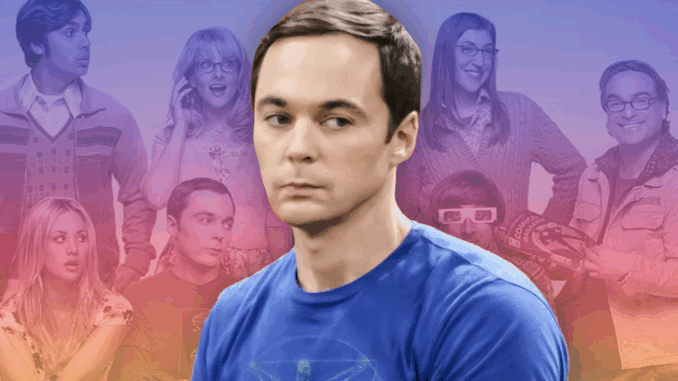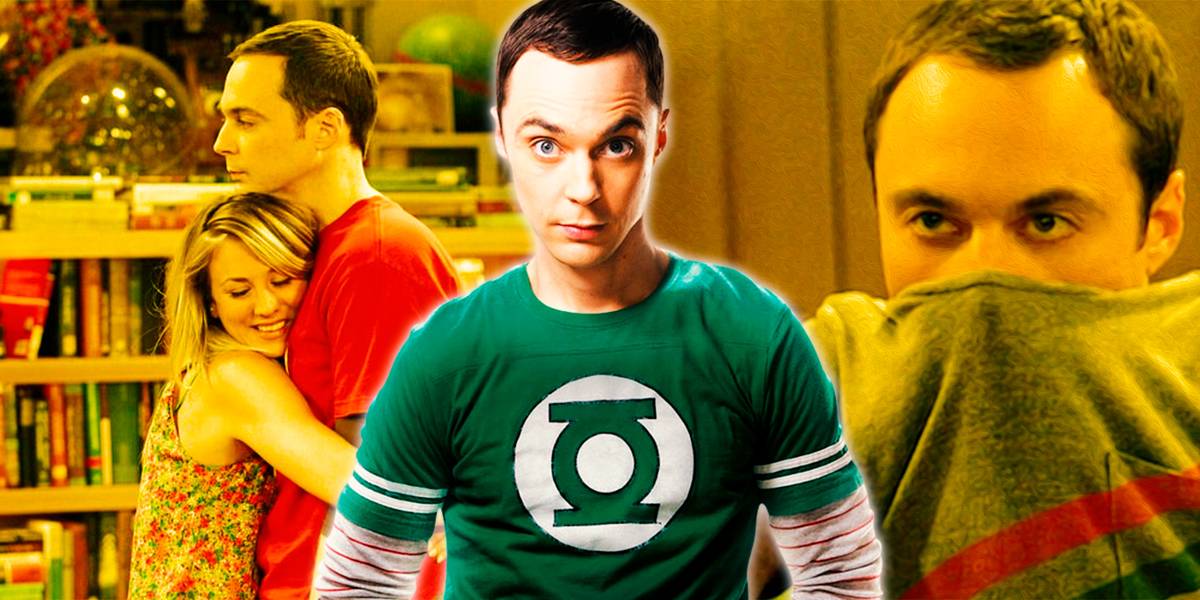
At first glance, The Big Bang Theory might seem like a series focused solely on science, jokes, and geek culture. But beneath the witty one-liners and comic book references, the show subtly explored mental health—especially through one of its most iconic characters: Sheldon Cooper.
A Brilliant Mind with Unspoken Challenges
Jim Parsons’ portrayal of Sheldon is now the stuff of television legend. With his robotic routines, need for control, discomfort with social cues, and emotional detachment, Sheldon stood out immediately. While the show never explicitly diagnosed him, many viewers and professionals have noted that his behavior reflects traits commonly associated with Autism Spectrum Disorder (ASD) or Obsessive-Compulsive Disorder (OCD).
But instead of labeling him, the show did something more powerful—it normalized him.
Laughing With, Not At
What made Sheldon unique wasn’t just his genius IQ or inability to grasp sarcasm. It was how the show allowed him to be fully himself. His quirks were never portrayed as something to be fixed or cured, but rather as a fundamental part of who he was. He was respected by his friends, loved by his family, and eventually found romance on his own terms with Amy Farrah Fowler.
This nuanced portrayal sent a strong message to audiences: people who think, behave, or relate to the world differently are not less deserving of happiness, success, or love.

Amy and the Power of Acceptance
One of the most emotionally resonant arcs in the series was Sheldon’s relationship with Amy. Far from trying to “change” him, Amy grew to understand him—and in doing so, helped him grow. Their romance defied television tropes, focusing not on physical intimacy, but on building emotional trust and mutual understanding.
By the time Sheldon proposed—and later won the Nobel Prize—he had evolved. But crucially, his growth didn’t come from abandoning who he was. It came from embracing it more fully, with support.
A Quiet Victory for Representation
In a world where mental health is still stigmatized or sensationalized, The Big Bang Theory delivered something rare: a lead character who broke the mold, without making it a spectacle.
Fans around the world have said they saw themselves—or their children, friends, and students—in Sheldon. And in a medium as influential as television, that kind of authentic representation matters more than a perfect punchline.
